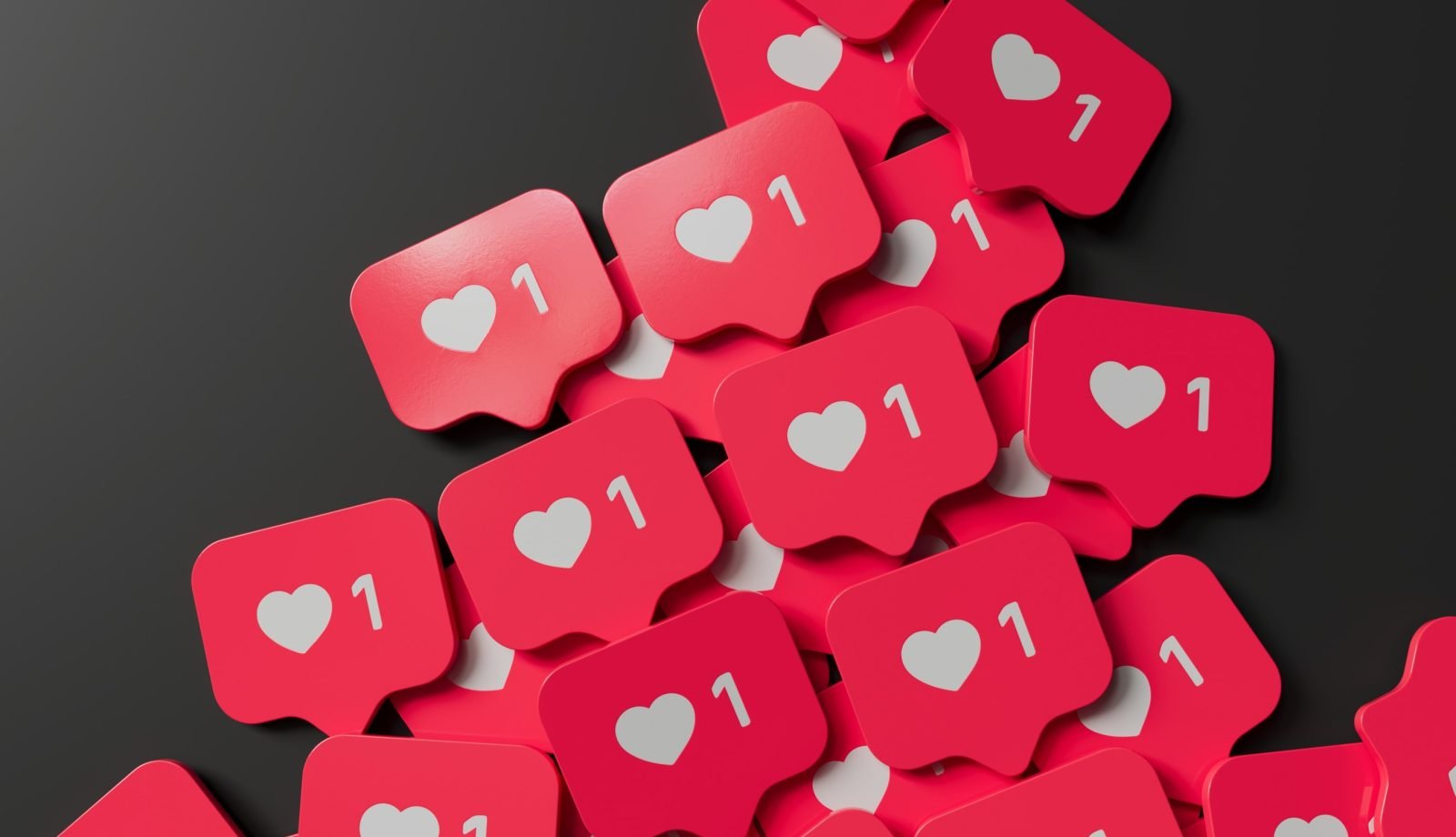An undeniable powerhouse for us marketers, social media is a platform where businesses, from quaint little bookshops to towering tech giants, can promote and showcase their wares successfully.
But what’s the secret sauce behind those engaging posts and heartwarming campaigns that make you hit “like” or “share”?
Surprisingly, the answer is rooted in psychology!
It’s not merely about throwing content into the digital abyss; it’s about understanding the whims and wonders of human behaviour, peering into what makes us click, comment, and care.
Here are five key marketing psychology theories that play a hidden yet pivotal role in social media marketing success:
The Mere Exposure Effect Means Consistency Is Key!
Did you know that the term “mere exposure effect” was coined by the American psychologist Robert Zajonc?
He came up with this idea while researching a fascinating psychological phenomenon. People tend to start liking things or people more when exposed to them repeatedly, even if they did not particularly like them.
Now, in social media marketing, this theory is like a golden nugget of wisdom. It reminds us of the importance of keeping a regular online presence.

Imagine this: when your brand shows up consistently in your audience’s social media feeds, it’s like saying, “Hey, I’m here for you!” And here’s the fun part – the more they see you, the more they trust you.
It’s a bit like when you meet someone over and over again, and you start feeling like old pals. In the world of marketing, this is pure gold.
Regular posting doesn’t just keep your brand fresh in people’s minds; it also gets them talking and interacting. And as time goes by, they become super comfortable with your brand, which often translates into more sales!
Top Tip: Try planning, batching and scheduling your content in advance. I love the scheduling tool Agorapulse for this.
Apply the Similarity-Attraction Theory By Humanising Your Content
The concept of the similarity-attraction theory sheds light on why it’s essential to share behind-the-scenes content and humanise your brand on social media.
In simple terms, this marketing psychology theory suggests that people naturally gravitate towards others who share similar characteristics or experiences. In the realm of marketing, this means crafting content that enables your audience to form a personal connection with your brand.
You create an atmosphere of closeness and relatability by offering glimpses into your company’s inner workings, your employees, and the creative process. This, in turn, humanises your brand, making it more approachable and strengthening the emotional bond with your audience.
Moreover, showcasing the human aspect of your brand plays a pivotal role in building trust. When consumers see the faces behind your products or services, it instils confidence in your intentions and authenticity. This trust can lead to heightened brand loyalty and positive word-of-mouth marketing.
Top Tip: Make an effort to humanise your brand by regularly introducing yourself and your team members on your social media profiles. It’s a great way to connect with your audience on a personal level!
Embrace the Reciprocity Theory by Sharing Your Knowledge
Ever notice that when someone does something kind for you, you feel an inclination to reciprocate the kindness?
That’s the essence of the reciprocity theory in action!
This marketing psychology theory posits that people tend to feel obligated to return favours when others have extended their generosity or help.
Now, let’s connect this fascinating theory to the world of social media. Knowledge sharing becomes a potent tool here. When you share valuable information on your social media platforms, you’re not just positioning your brand as an authority but also cultivating goodwill with your audience. It shows that you genuinely care about assisting them in solving problems or fulfilling their needs.
In essence, knowledge sharing on social media is like planting seeds of goodwill that can yield rich rewards in the form of your audience’s trust, engagement, and loyalty.
Top Tip: Consider creating a lead magnet, such as free e-books or webinars, as a little gift for your audience to entice them to engage with your brand and reciprocate the value you provide. It’s a win-win strategy!
Leverage the Peer Comparison Theory to Establish Social Proof

Have you ever found yourself scrolling through Instagram or TikTok, only to stumble upon your friends raving about a fantastic new restaurant they’ve discovered?
Enter the peer comparison theory, a powerful concept in social media. This marketing psychology theory highlights the significance of social proof—our tendency to base decisions on the actions and opinions of others, especially when we’re unsure about something.
It’s the driving force behind the effectiveness of influencer marketing, online reviews and user-generated content (UGC).
Influencer marketing involves teaming up with individuals who wield substantial social media influence, typically through a paid partnership. When these influencers endorse your brand or product, it creates a powerful form of social proof that can sway the opinions of their followers. People tend to trust recommendations from their peers or those they admire.
User-generated content, on the other hand, offers a window into how real customers are using your products or services spontaneously. When satisfied customers share their experiences on social media, it fosters trust and authenticity. To encourage user-generated content, consider running contests or invite your customers to share their stories.
Top Tip: Online reviews are a powerful form of social proof. Ensure you are always asking your customers for feedback!
Utilise the Scarcity Principle to Infuse Your Offers with a Sense of Urgency
Have you ever experienced that unmistakable “Fear of Missing Out” (FOMO) when you see something rare or in short supply on social media?
Well, you’re encountering the scarcity principle in action!
This theory suggests that people are more inclined to take action when they perceive something as scarce or available in limited quantities.
Incorporating scarcity elements into your social media campaigns can be a game-changer for your audience’s motivation. This could involve offering limited-time deals, exclusive promotions, or early access to new products or services.
By instilling a sense of urgency, you push your audience to act swiftly, potentially resulting in heightened engagement and increased sales.
Top Tip: Be transparent and authentic in your scarcity-based promotions. So, when you offer something as scarce, ensure it is genuinely scarce and not just a way of tricking your audience!
In a nutshell, delving into these five marketing psychology theories and weaving them into your social media strategy can work wonders for your business success.
Social media is not just a platform for broadcasting; it’s a powerful marketing psychology tool for understanding and influencing human behaviour. Use it wisely, and watch your brand thrive.
Sign up for my Tiny Tips Tuesday newsletter for more helpful marketing tips and insights.



